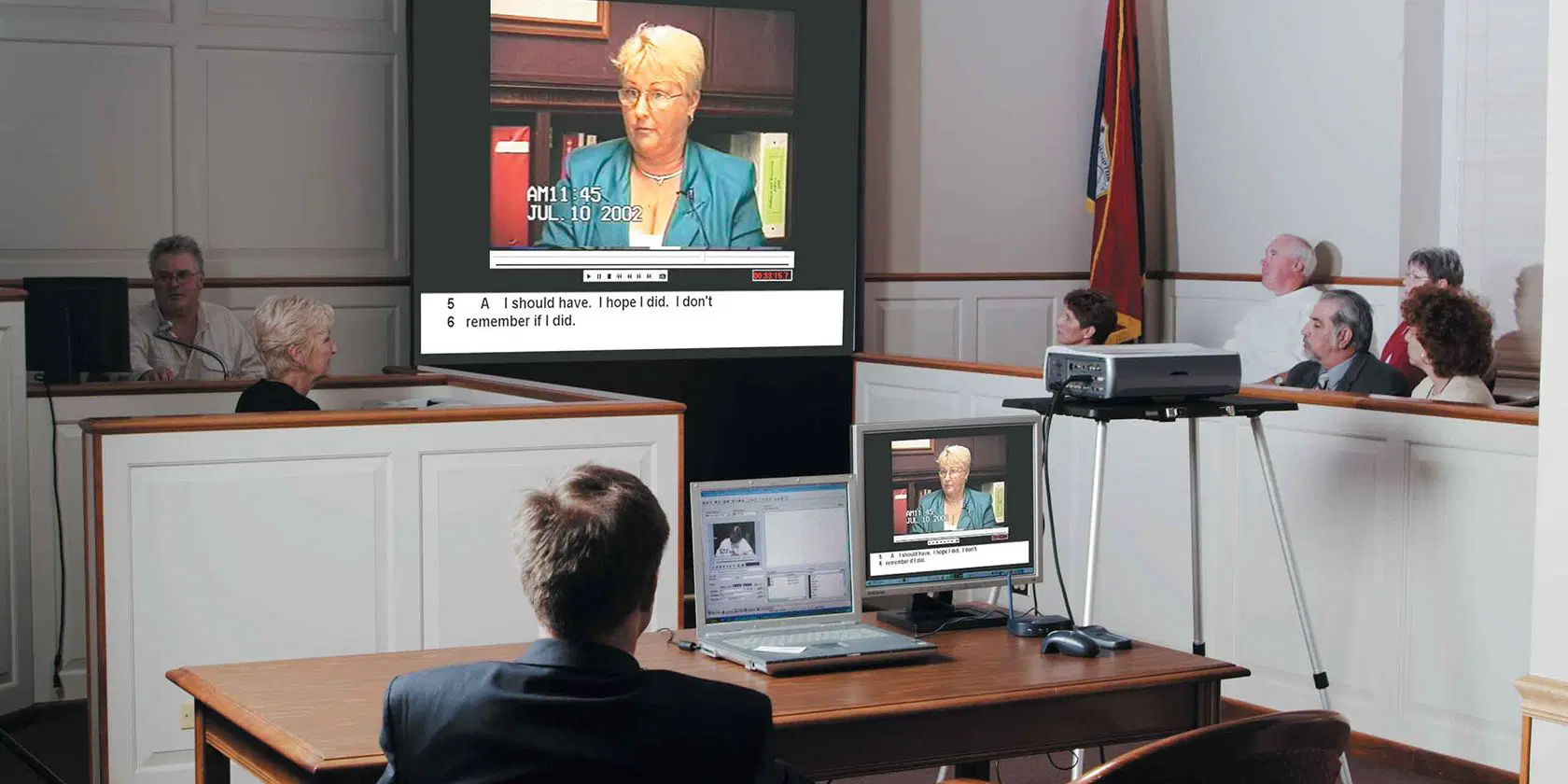Key Strategies for Creating Winning Trial Presentations in Court
Key Strategies for Creating Winning Trial Presentations in Court
Blog Article
The Power of Visuals in Test Presentations for a Winning Argument
The assimilation of visuals in trial presentations has actually emerged as an important factor in efficiently connecting complex disagreements to jurors. By making use of various forms of aesthetic help-- be it diagrams, pictures, or animations-- attorneys can improve understanding and retention, ultimately shaping the jury's assumption of the instance. This method not only clears up detailed stories but also establishes a psychological vibration that can affect decision-making. As we discover the subtleties of this strategy, it becomes important to take into consideration how specific sorts of visuals can make a significant difference in trial results. What functional methods might lawyers use to optimize this capacity?
Relevance of Visuals in Tests
In lots of legal settings, visuals play an essential role in boosting the performance of test presentations. The integration of aesthetic aspects can substantially impact jurors' understanding and retention of complex details, consequently shaping their perceptions and choices. Visuals, such as charts, diagrams, and pictures, can streamline elaborate stories, making them a lot more easily accessible and compelling.
In addition, the human brain processes aesthetic information more successfully than text, which emphasizes the value of incorporating visuals right into legal debates. By equating dense lawful concepts right into visual layouts, attorneys can promote clearer interaction, guaranteeing that key factors are not overlooked throughout tests.
Furthermore, visuals offer to engage jurors on a psychological level, promoting a connection to the situation that words alone might stop working to attain. The tactical usage of visuals can evoke empathy, motivating jurors to consider the human facets of the case.
Eventually, the importance of visuals in trials depends on their ability to improve quality, improve juror interaction, and reinforce the story being offered. This potent combination is crucial for crafting persuasive disagreements that reverberate with jurors and influence the outcome of lawful procedures.
Kinds Of Visuals to Use
Efficient test presentations can significantly take advantage of a selection of visual tools that deal with various facets of the case. trial presentations. Utilizing representations and graphes can effectively break down complex info, making it a lot more absorbable for jurors. For example, flowcharts can illustrate the sequence of events, while bar chart may succinctly compare pertinent information factors.

Animations and simulations can also play a critical role, particularly in instances involving technical information or detailed scenarios. These visuals can dynamically represent processes or activities, giving clarity and interaction that fixed photos may not achieve.
Moreover, infographics integrate message and visuals to sum up necessary details properly. They can offer timelines, data, and substantial instance factors in an aesthetically attractive way, making it much easier for jurors to comply with the disagreement.
Enhancing Comprehension and Retention

Enhancing understanding and retention throughout trial discussions is critical for making certain that jurors comprehend the vital aspects of a case. Aesthetic aids act as effective tools hereof, converting complicated info into conveniently digestible layouts. By using charts, layouts, and infographics, lawyers can simplify detailed data and highlight crucial points that might otherwise be overlooked.
Researches have revealed that individuals preserve info considerably much better when it is provided aesthetically. This is especially relevant in a test setting, where jurors might be overwhelmed by the Website quantity of proof and statement. By strategically integrating visuals, lawyers can guide jurors' focus to the most essential elements of the instance, reinforcing their understanding and memory of the product presented.

Creating Engaging Discussions
Fascinating jurors' focus during test presentations is crucial for communicating an engaging narrative. Engaging discussions take advantage of aesthetic elements to produce a memorable experience that resonates with jurors. The critical use graphics, computer animations, and video clips my website can illuminate intricate information, making it a lot more accessible and relatable.

In addition, integrating narration methods can boost interaction. Offering proof in a sensible sequence that develops sob story permits jurors to link with the product on a personal degree. Varying presentation layouts, such as incorporating brief video or interactive aspects, can additionally sustain rate of interest and attention throughout the trial.
Inevitably, an engaging presentation cultivates a more profound understanding of the situation, making it possible for jurors to better appreciate the debates being presented and resulting in an extra favorable outcome.
Study and Success Stories
Numerous situation researches highlight the substantial impact of visuals in trial presentations, showing their capacity to affect juror perceptions and eventually the results of instances. As an example, a notable case including an injury case highlighted just how the use of a 3D animation of the accident scene clarified complicated details. Jurors reported really feeling even more educated and compassionate, substantially persuading their decision for best site the plaintiff.
In another instance, a corporate lawsuits instance made use of infographics to existing monetary data and timelines, making elaborate information accessible. The visual depiction made it possible for jurors to comprehend the nuances of the case better than spoken descriptions alone. trial presentations. As a result, the jury returned a verdict that went beyond the customer's expectations
The compelling visuals not just assisted in creating question but additionally resonated psychologically with jurors, leading to an acquittal. These success tales underscore the requirement of integrating visuals right into test presentations, as they boost understanding, retention, and eventually, the influential power of legal debates.
Conclusion
In final thought, the calculated unification of visuals in test presentations considerably improves jurors' understanding and retention of complex information. Engaging presentations, supported by engaging situation researches, show the extensive influence that visuals can have on persuasive communication.
Report this page